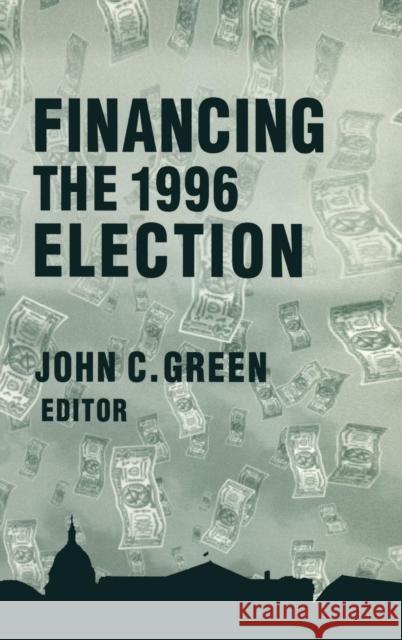Financing the 1996 Election » książka
topmenu
Financing the 1996 Election
ISBN-13: 9780765603845 / Angielski / Twarda / 1999 / 240 str.
Financing the 1996 Election
ISBN-13: 9780765603845 / Angielski / Twarda / 1999 / 240 str.
cena 204,40
(netto: 194,67 VAT: 5%)
Najniższa cena z 30 dni: 186,33
(netto: 194,67 VAT: 5%)
Najniższa cena z 30 dni: 186,33
Termin realizacji zamówienia:
ok. 16-18 dni roboczych.
ok. 16-18 dni roboczych.
Darmowa dostawa!
First Published in 1999. Routledge is an imprint of Taylor & Francis, an Informa company.











